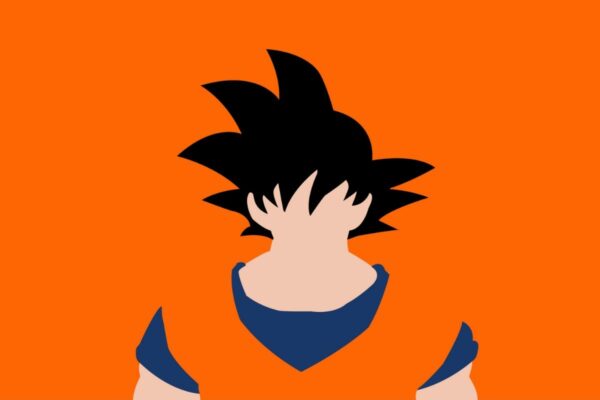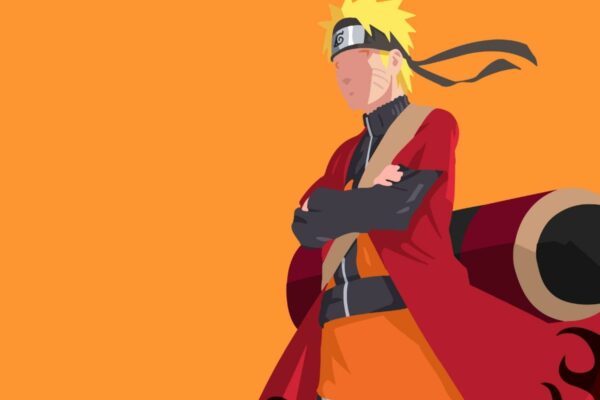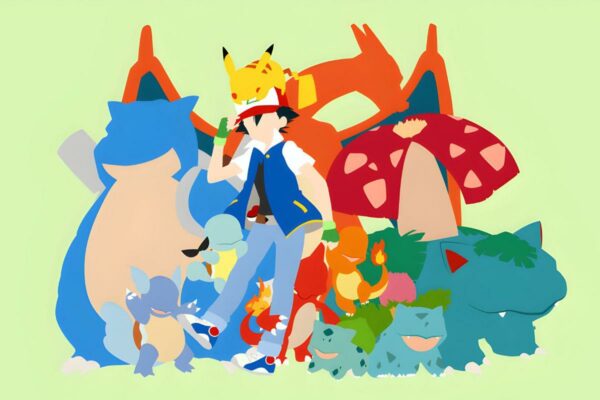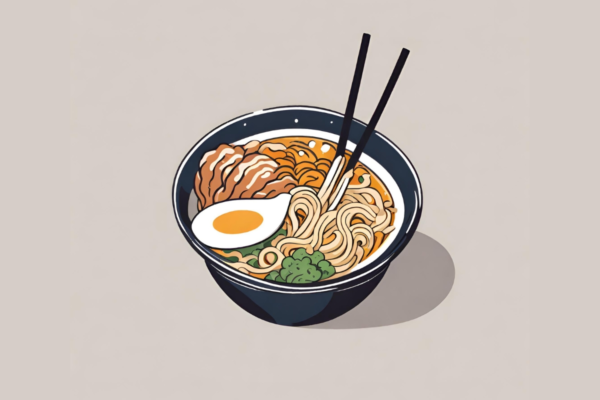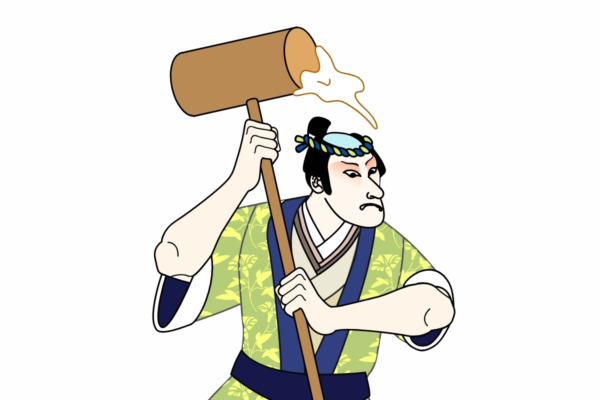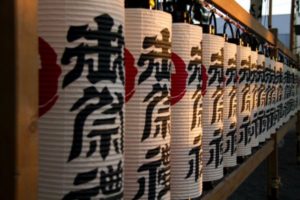Death Note is a critically acclaimed anime that poses a series of thought-provoking questions about justice, power, and the morality of taking a life. As viewers, the anime forces us to consider the complex moral questions posed by the series. The thought-provoking philosophy of Death Note begs us to ask the question: Can we ever justify taking a life, even in pursuing justice or revenge?
And if we do, what are the consequences? The characters in Death Note grapple with these questions differently, from Light’s twisted justifications to L’s unwavering belief in the rule of law. Misa’s motivations add another layer of complexity to these debates, making her a fascinating character to analyse.
In this blog post, we’ll talk about the ethical dilemmas at the core of Death Note, focusing on the roles of the characters in the show. We’ll look at the different moral frameworks characters use to explain their actions and consider how they relate to our ideas about justice, morality, and the value of human life. Join us as we explore the intricate world of Death Note and the ethics of taking a life.
Light Yagami
As we’ve seen in anime shows such as Hunter X Hunter, characters’ moral compasses vary, each having their methods when dealing with dilemmas, similar to how characters have their philosophy with the Death Note. In this thriller, its two main characters, Light Yagami and L are at the heart of the series and engage in a high-stakes battle of wits over the power of the titular Death Note.
Light Yagami, the protagonist of Death Note, uses the power of Death Note to rid the world of criminals, initially believing that his actions are justified in pursuing the greater good. Going also by the name Kira, he thinks he is doing what the police and justice system cannot do: bringing swift and effective justice to those evading punishment. He receives guidance from the shinigami, Ryuk, who finds amusement in his choice to employ the Death Note to rationalize killing by targeting criminals.
In analysing Light’s use of the Death Note, we must confront uncomfortable questions about taking a life. While his motivations may have been well-intentioned, his ultimate descent into madness and obsession illustrate the dangers of taking the law into our own hands. Death Note forces us to consider the moral implications of our actions and think deeply about justice’s role in society.
Is Killing Criminals with the Death Note right?

Light Yagami uses the Death Note – and some snacks – to bring about his vision of a perfect world. He believes that by killing criminals, he can create a society free from corruption and evil. Light sees himself as a moral crusader and views his actions as a necessary evil to achieve his goals.
However, as the series progresses, it becomes clear that Light’s motivations are more complex than they first appear. He becomes increasingly obsessed with power and control, willing to kill anyone who stands in his way or threatens his agenda. He manipulates those around him, including Misa Amane, to achieve his goals.
Light’s twisted justifications for his actions highlight the ethical dilemmas at the heart of the philosophy of Death Note. Can we ever justify taking a life, even in pursuing justice? Who gets to decide what is right and wrong? Light’s arrogance and delusions of grandeur also illustrate the dangers of unchecked power as he becomes more and more consumed by his desire for control.
Is Killing Criminals This Way Evil?
As a result, innocent individuals become entangled in the conflict, and the actions undertaken by him ignite chaos and destruction, posing a threat to global stability. The series is a cautionary tale about the dangers of seeking power at any cost. Light takes it upon himself to play judge, jury, and executioner, deciding which criminals deserve to die and which do not. His actions raise questions about the legitimacy of vigilante justice and the state’s role in determining crime punishment.
In Death Note, Light argues that he is not simply killing for personal gain or revenge but rather to create a better world for everyone. He sees himself as a moral crusader, fighting against the forces of evil and corruption. However, as the series progresses, it becomes clear that Light is not simply trying to eliminate criminals but rather to exert his power and control over society. His actions become increasingly manipulative and brutal, and he becomes willing to sacrifice innocent lives to achieve his goals.
The ethical dilemma that defines the philosophy of Death Note is even more complex because the people being killed are criminals who have committed heinous crimes. One perspective suggests that these individuals deserve to die for their actions. However, killing someone in retribution for their crimes raises questions about the legitimacy of vigilante justice and whether taking the law into one’s own hands is justifiable.
L

In contrast to Light’s twisted justifications for his actions, L represents a different perspective on justice in Death Note. As a world-renowned detective, the task assigned to L is to track down Kira (Light’s alter-ego) and ensure that he faces justice. He’s someone you think is complex and makes you ask, “Who is L?” until you realise that he’s just a quirky and astute individual who wants justice served as it is.
Throughout the series, L remains steadfast in his belief in due process. He firmly believes in serving justice through any channel, even when it is pursued for the sake of justice. He is willing to put himself in danger to catch Kira, but always with the understanding that he is doing so within the bounds of the law.
L’s unwavering belief in the rule of law is a powerful counterpoint to Light’s justifications for his actions. While Light believes that he stands above the law and that his actions are necessary to achieve a greater good. L firmly believes that justice must be served within the boundaries of the legal system. He represents a more measured and cautious approach to justice that recognises the importance of due process and the value of human life.
By contrasting Light and L’s perspectives, Death Note raises essential questions about the nature of justice. Is justice always served through the proper channels, or are there times when the law must be circumvented to achieve the greater good? How do we balance the need for justice with protecting individual rights and freedoms? These are complex questions, and the philosophy of Death Note challenges us to think deeply about our beliefs and values.
Misa Amane

Misa, a beautiful and popular pop star, starts as a secondary character but swiftly transitions into a major player. She also possesses a Death Note and uses it to further her agenda. Like Light, she is willing to kill to achieve her goals. However, unlike him, she is driven by a desire for revenge rather than a belief in justice. This makes her an intriguing character to analyse when considering the ethics of taking a life.
The young woman’s primary characterization revolves around her beauty and popularity as a pop star. Moreover, she often encounters dismissal as frivolous and foolish and is frequently underestimated by those around her. However, when Misa gains access to the Death Note, she suddenly becomes empowered. She takes action and eliminates her enemies with no regard.
Viewing Misa’s use of the Death Note as empowering for women. She actively takes control and eliminates individuals who pose a threat to her, asserting her agency and autonomy. We can interpret this action as a response to the existing power structures. It imposes limitations on women’s freedom and agency.
On the other hand, Misa’s use of the Death Note shows how dangerous it can be to give people. Especially marginalised and abused, the power to make their laws. Misa’s actions are not morally or ethically right. She kills because she wants to and wants to get rid of people who are against her. This makes us think about the right way to use power and the dangers of unchecked authority. It does not matter what gender is in charge.

In conclusion, the determination of whether using the Death Note is morally wrong is a complex and divisive matter. The philosophy behind The Death Note provokes thought and contemplation. The use of the instrument poses a particular moral dilemma. It calls into question our perceptions of fairness and the nature of power. While some claim that the Death Note is fundamentally evil because it can kill and change fate. On the other hand, some argue that it can be employed for just causes or to promote the greater good.
The morality of the killing & ethical problems that arise when one decides to act as judge and executioner. This is ultimately an intriguing topic explored in Death Note. One must employ power in a morally justified manner. There should be monitoring and accountability to ensure its responsible use.
It poses significant issues regarding the legitimacy of vigilante justice and the state’s authority over punishing crimes. The question of whether taking a life is justified has been a topic of debate throughout history. Death Note contributes its distinct perspective to this ongoing discussion. I focus on the punishment of criminals and the appropriate means of dealing with them.









